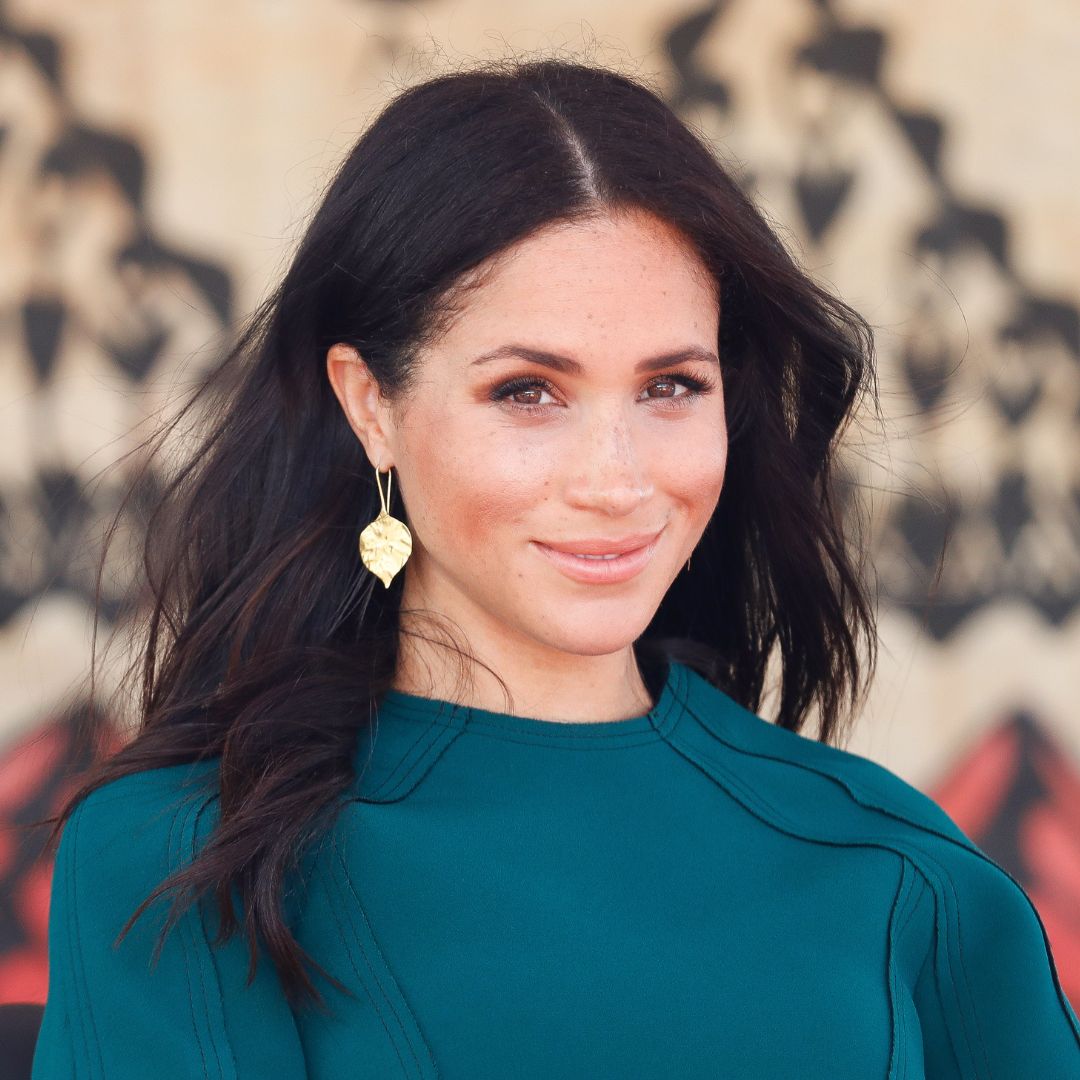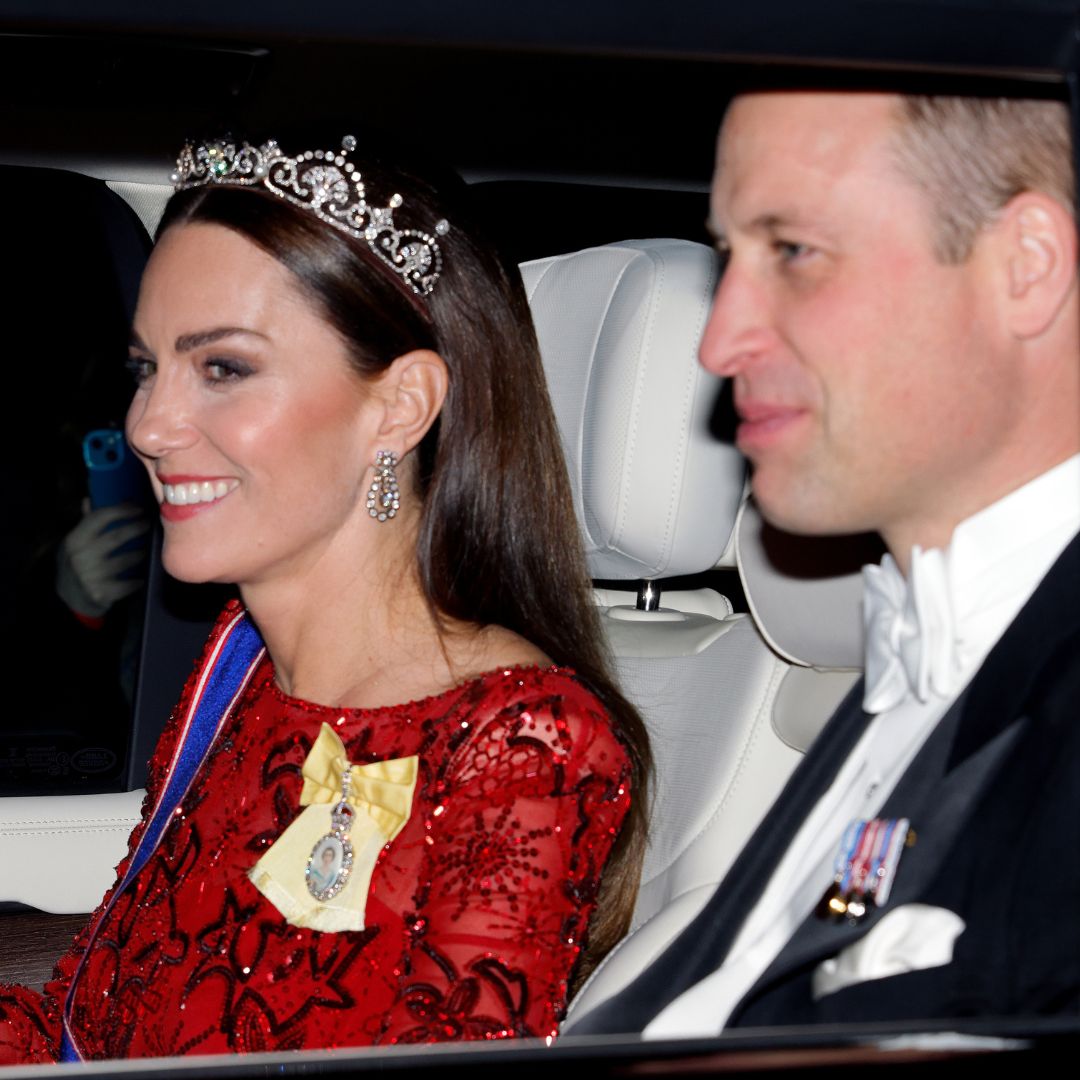Refugee Week 2020: 'Lebanon’s pandemic has abated, but refugees face new dangers'
Yasmin Kayali, co-founder of Basmeh and Zeitooneh charity, explains how she's ensuring fellow Syrians survive lockdown and prepare for an uncertain future
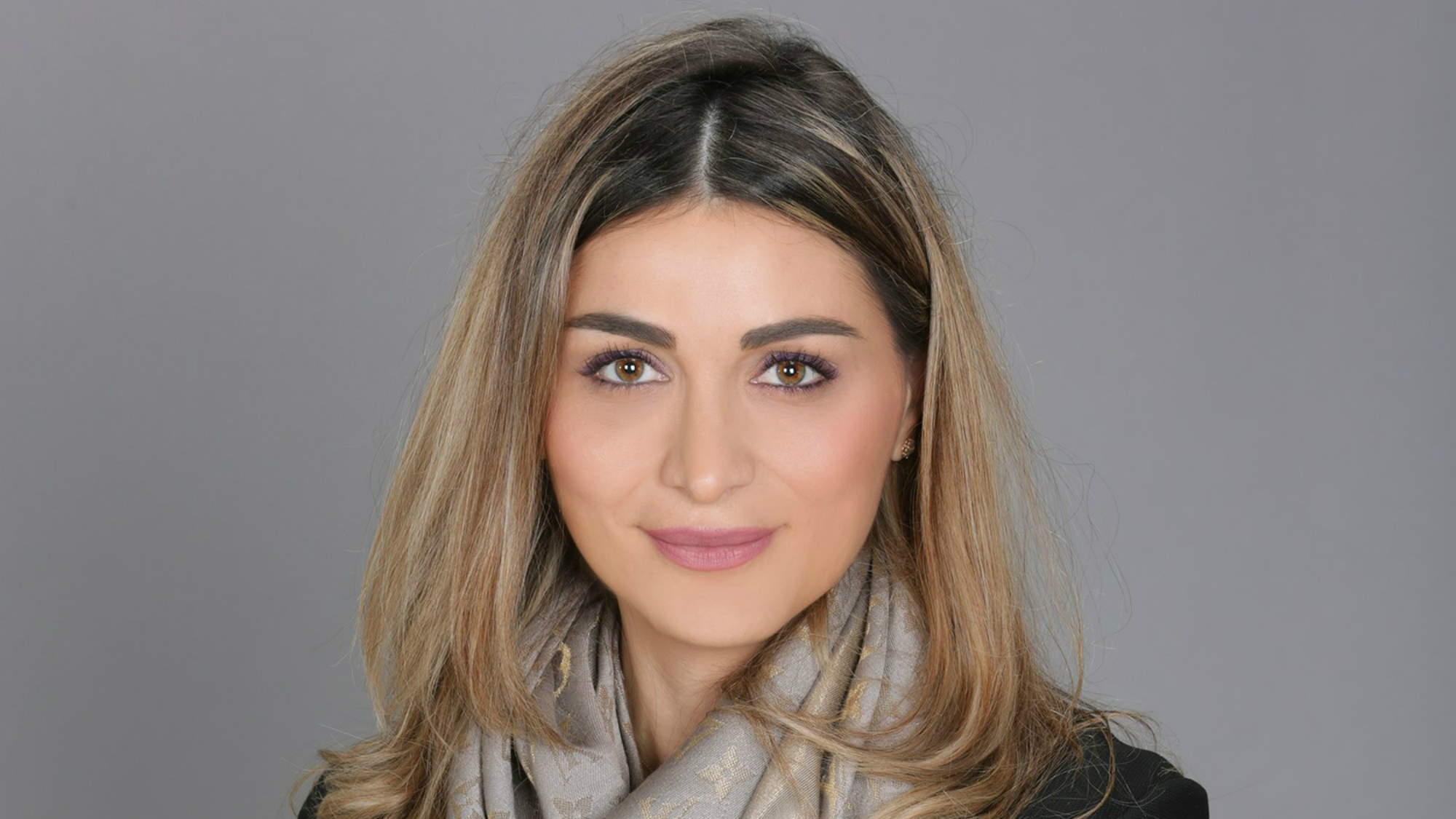

Yasmin Kayali, co-founder of Basmeh and Zeitooneh charity, explains how she's ensuring fellow Syrians survive lockdown and prepare for an uncertain future
As you read this during Refugee Week 2020, imagine you're a mother cooped up with your children in a single room. Cooking, studying, washing - all in a single room. All day and night. Outside, the heat is stifling, the air thick with rotting garbage. There is no clean water and little food, if any.
I'm not belittling your own lockdown experiences in the UK but this is the reality for many Syrian refugee women living in Lebanon. Refugee Week 2020 shines a light on the suffering of my fellow Syrians, who face a really challenging future.
These people are the reason why, when asked if I will stop our Basmeh and Zeitooneh coronavirus resilience campaign due to lockdown lifting, I say, this campaign is needed now more than ever.
Even before the pandemic, Lebanon was facing economic collapse. The World Bank predicts 40 per cent of Lebanese people will fall below the poverty line this year. The virus has swept so many more people towards that fate.
That's why I helped set up Shatila studio to create a safe space for Syrian refugees. It's a place where a hundred women who go there learn new skills so they can earn an income to support their families. The studio is full of optimism and hope.
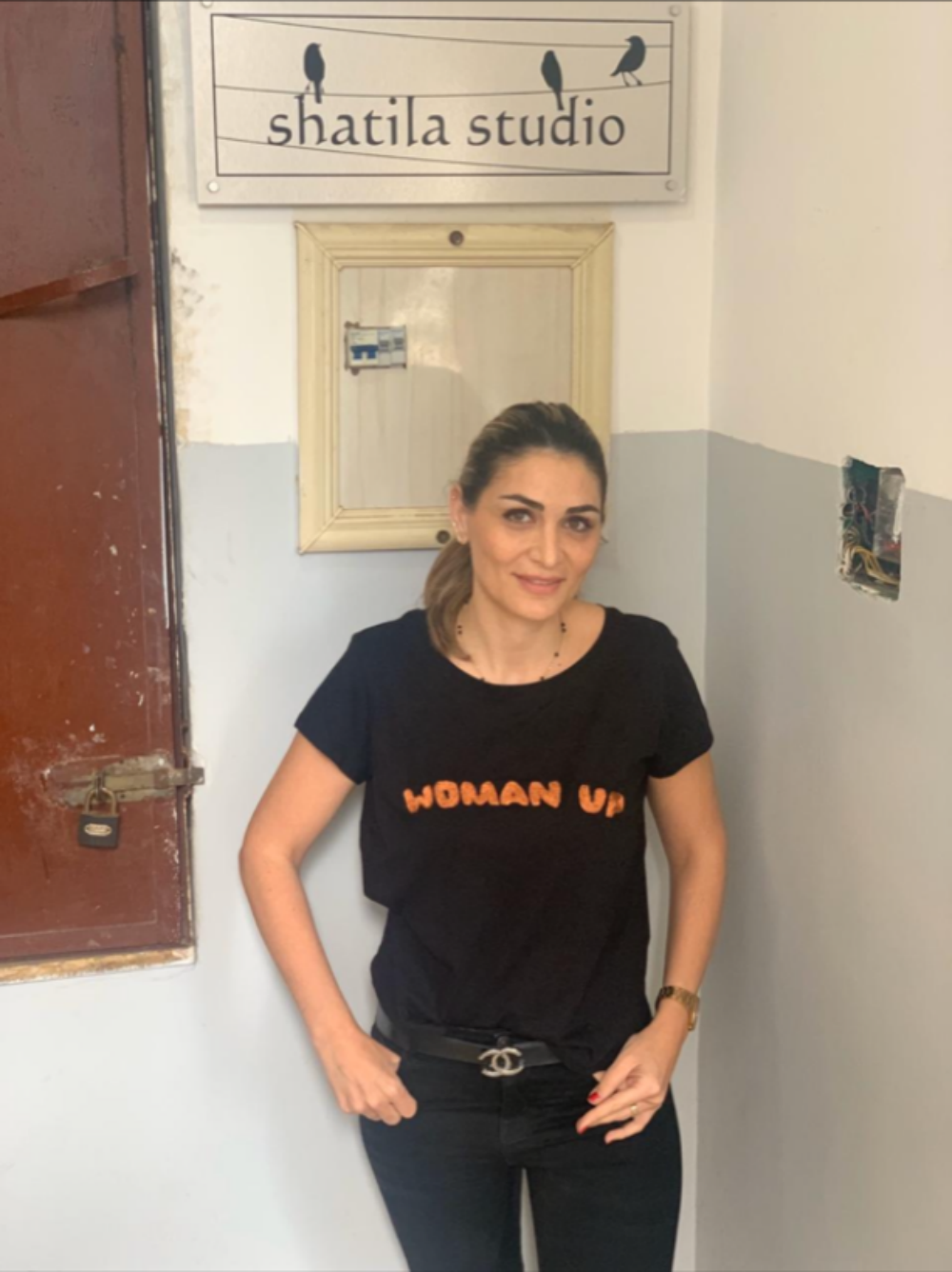
Before COVID-19, the women focused on creating embroidery and were paid for every piece they made. I was working on other projects too, such as opening a new school, and providing developmental programmes and psychosocial support.
Marie Claire Newsletter
Celebrity news, beauty, fashion advice, and fascinating features, delivered straight to your inbox!
This all came to a halt. Almost overnight, the silent catastrophe of COVID-19 on vulnerable families saw us flipping into emergency crisis mode. My relief charity worked hard to support refugees and their host communities with food baskets and hygiene kits, and we gave cash allowances to refugees who desperately needed medicines for themselves or family members.
We also moved our production to producing washable, reusable facemasks. The masks are selling extremely well, meaning we're sustaining women’s salaries. For each mask sold, one is donated to a person who is unable to pay. This initiative is one we're really proud of and helping to minimise the shortage of medical masks.
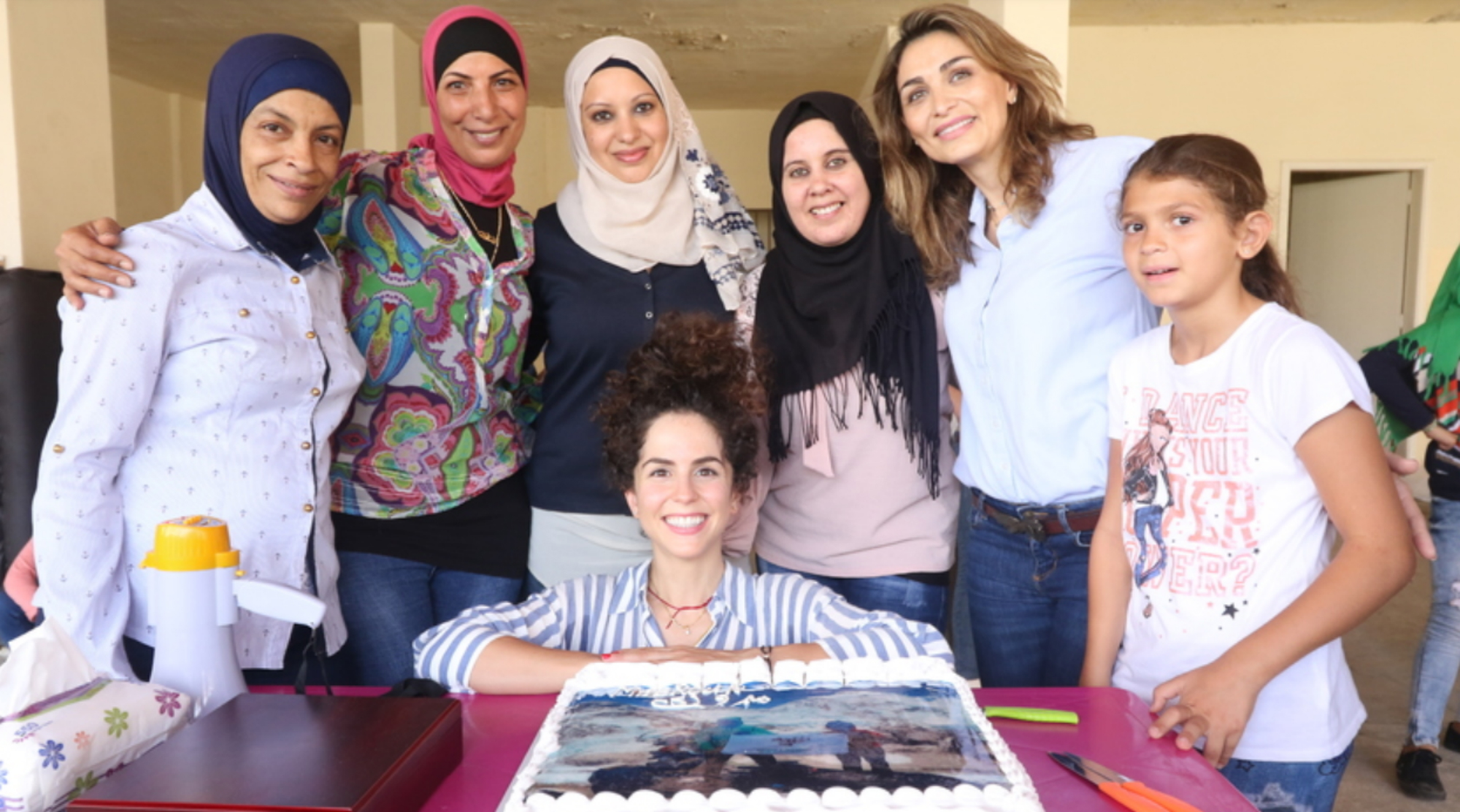
I normally travel every month to Lebanon but now I'm managing from my home in Saudi Arabia, where I moved for my husband’s work. Routine, systems, and processes are vital to support the most vulnerable, however, I'm also a mum to an eight and a ten year old and it's a steep learning curve juggling virtual lessons alongside fundraising and taking calls with donors.
When I am struggling, I remember my visits to Shatila refugee camp, where the studio is based. The area is a place of wonder. Formed in 1949, it was initially a Palestinian refugee camp, home to around 20,000 people. Today, it's estimated more than 43,000 people live within its tiny one-kilometre space .
Refugee Week 2020 is a time to reflect on the women of Shatila studio and the children at the Basmeh and Zeitooneh learning centre. Their happiness when attending the community centre is plain to see, and it's like a second home to many of them.
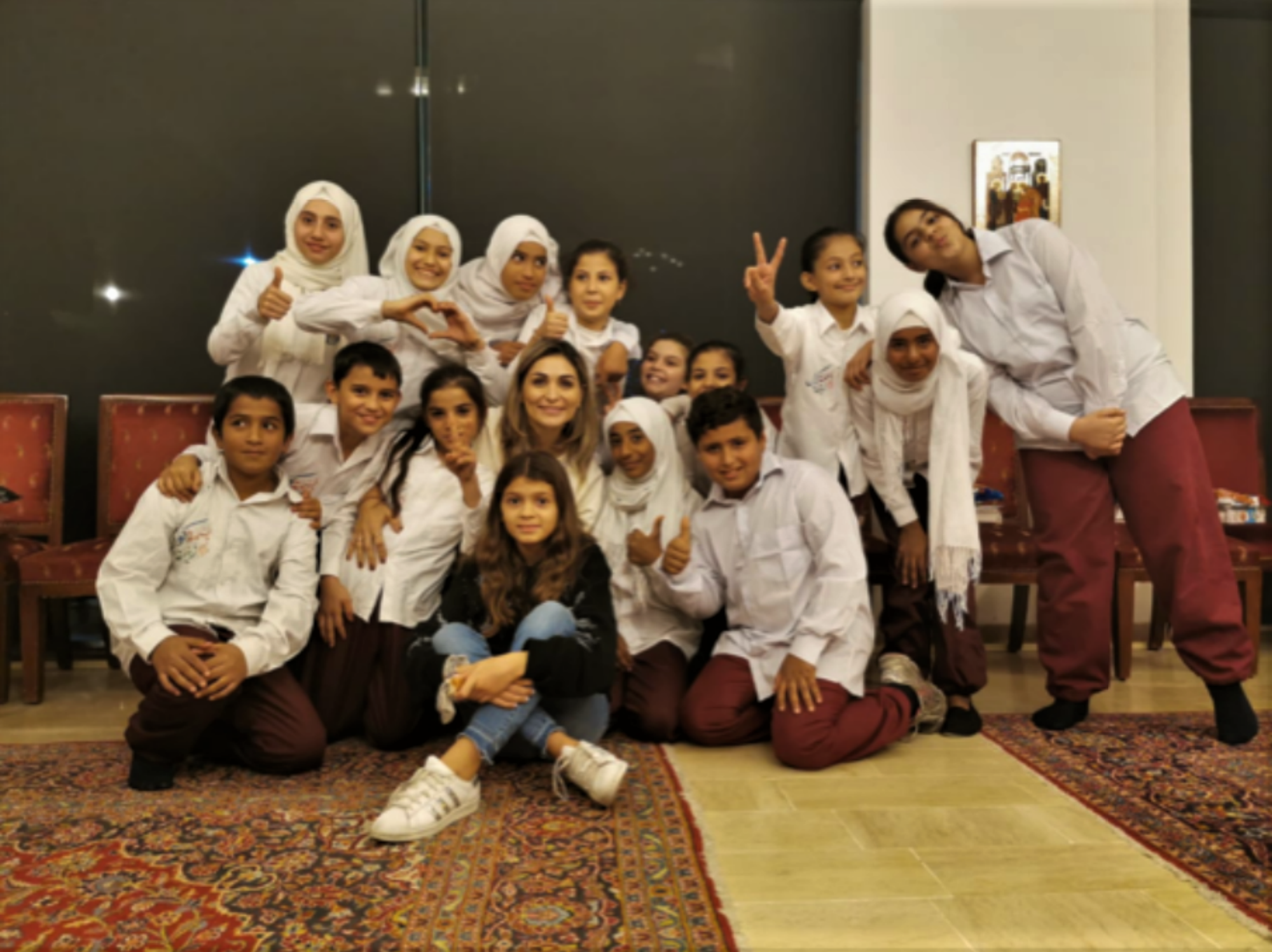
As world economies grapple with the impact of coronavirus, it is harder to find funding but I'm a firm believer that when you try to do good, doors will open for you.
Now, more than ever during Refugee Week 2020, we need to highlight these issues. With their voices and ours, we must call for an end to conflict and ensure refugees, especially women, have what they need to restore dignity and hope to their lives.
Basmeh and Zeitooneh (B&Z) are supported by the UK charity CAFOD. Coronavirus is a crisis that affects us all. It will take all of us working together to survive, rebuild and heal. Please help CAFOD with a donation if you are able.
Maria Coole is a contributing editor on Marie Claire.
Hello Marie Claire readers – you have reached your daily destination. I really hope you’re enjoying our reads and I'm very interested to know what you shared, liked and didn’t like (gah, it happens) by emailing me at: maria.coole@freelance.ti-media.com
But if you fancy finding out who you’re venting to then let me tell you I’m the one on the team that remembers the Spice Girls the first time round. I confidently predicted they’d be a one-hit wonder in the pages of Bliss magazine where I was deputy editor through the second half of the 90s. Having soundly killed any career ambitions in music journalism I’ve managed to keep myself in glow-boosting moisturisers and theatre tickets with a centuries-spanning career in journalism.
Yes, predating t’internet, when 'I’ll fax you' was grunted down a phone with a cord attached to it; when Glastonbury was still accessible by casually going under or over a flimsy fence; when gatecrashing a Foo Fighters aftershow party was easy-peasy-lemon-squeezy and tapping Dave Grohl on the shoulder was... oh sorry I like to ramble.
Originally born and bred in that there Welsh seaside town kindly given a new lease of life by Gavin & Stacey, I started out as a junior writer for the Girl Guides and eventually earned enough Brownie points to move on and have a blast as deputy editor of Bliss, New Woman and editor of People newspaper magazine. I was on the launch team of Look in 2007 - where I stuck around as deputy editor and acting editor for almost ten years - shaping a magazine and website at the forefront of body positivity, mental wellbeing and empowering features. More recently, I’ve been Closer executive editor, assistant editor at the Financial Times’s How To Spend It (yes thanks, no probs with that life skill) and now I’m making my inner fangirl’s dream come true by working on this agenda-setting brand, the one that inspired me to become a journalist when Marie Claire launched back in 1988.
I’m a theatre addict, lover of Marvel franchises, most hard cheeses, all types of trees, half-price Itsu, cats, Dr Who, cherry tomatoes, Curly-Wurly, cats, blueberries, cats, boiled eggs, cats, maxi dresses, cats, Adidas shelltops, cats and their kittens. I’ve never knowingly operated any household white goods and once served Ripples as a main course. And finally, always remember what the late great Nora Ephron said, ‘Everything is copy.’

